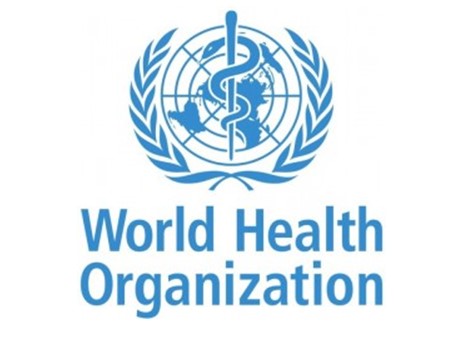The World Health Organization (WHO) welcomes Egypt’s decision to accept 81 injured and sick people from the Gaza Strip for treatment.
WHO has been working to support the Egyptian Ministry of Health and Population in planning and establishing a comprehensive triage, stabilization, and medical evacuation system, by providing ongoing training for health care staff. WHO is also working with the Egyptian Red Crescent Society to ensure that psychological trauma support services are available to patients.
Our experts have visited Al-Arish, visited medical evacuation facilities and met with medical staff and ambulance paramedics who received advanced life support training. There are 65 ambulances equipped with full resuscitation and life support capabilities. Thirteen of the ambulance teams include trained emergency doctors in addition to paramedics with advanced life support training.
Al-Arish Hospital will be the main first referral hospital. It has fully equipped resuscitation and intensive care facilities, and a range of surgical teams to manage severe injuries, including major trauma and burns. Onward referral arrangements to second-line hospitals in Egypt are also in place.
Thousands more people inside the Gaza Strip continue to need access to urgent and essential health services amid shortages of medicines, health supplies and other aid such as fuel, water and food. Those in serious need include thousands of seriously injured civilians (many of them children); more than 1000 people who need kidney dialysis to stay alive; more than 2000 patients on cancer therapy; 45 000 people with cardiovascular diseases; and more than 60 000 people with diabetes. These patients must be able to have sustained access to health care inside Gaza. Hospitals and other health facilities must be protected from bombardment and military use.
Before 7 October 2023, around 100 patients each day needed to access specialized health care services outside the Gaza Strip because of the lack of needed, specialized health services inside Gaza.
WHO calls for urgent, accelerated access for humanitarian aid – including fuel, water, food and medical supplies – into and throughout the Gaza Strip, and access for patients to referral services outside Gaza. Ultimately, WHO calls for a humanitarian ceasefire to prevent further loss and suffering.
Distributed by APO Group on behalf of World Health Organization (WHO).
Latest Stories
-
Gideon Boako donates 10 industrial sewing machines to Yamfo Technical Institute
6 mins -
‘Golden Boy’ Abdul Karim Razak honored at WAFU-B general assembly
21 mins -
Buipewura Jinapor secures Vice Presidential position in National House of Chiefs with record votes
30 mins -
2024 election: I want results to come out like ‘milk and honey’ – Toobu
31 mins -
Ghana’s Henry Bukari hands over chairmanship of ECOWAS Brown Card Council of Bureaux
36 mins -
Residents of Dome-Kwabenya on edge ahead of December elections
1 hour -
Moffy drops new single ‘Wo’, blending culture and modernity
1 hour -
Don’t bring soldiers to polling stations – Martin Kpebu
2 hours -
Ogyeahohuo Yaw Gyebi II retained as President of National House of Chiefs
2 hours -
Embrace ICT to fit in digital world – Ho NYA boss to youth
3 hours -
We don’t want armed soldiers at polling stations – Tanko-Computer
3 hours -
Drama as police corner armed robbers inside locked forex bureau at Lapaz
3 hours -
NEIP CEO to Kwaku Manu: You can support any political party, but stop misbehaving in NPP colours
3 hours -
30% quota for less privileged shows Free SHS is inclusive – Ofosu Nkansah
3 hours -
Nigerian-born conquers childhood hearing loss to become KNUST’s overall best graduating student
3 hours

